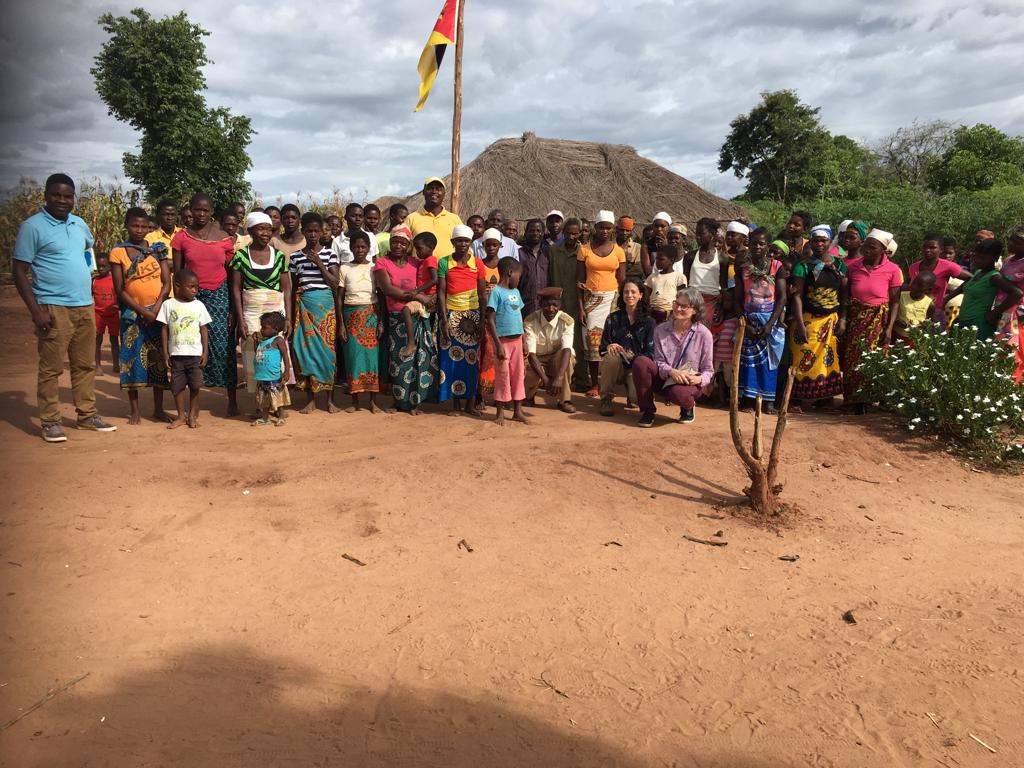Mozambique is equipped with one of the best policies and legal frameworks for land tenure on the African continent. The Constitution, land law and regulations contain clauses that provide important opportunities for local communities to undertake the self-documentation of their land rights. Essentially these clauses state that the land rights exist by within law, are not prejudiced by their lack of formal registration or titling, and that they may be proved by the members of a local community.
Completed
From: 01/07/2019
To: 31/12/2021
Budget: $2,216,304
Proponents: ANAM Nampula (Associação Rural de Ajuda Mutua-Nampula)
Partners:
Terra Firma
Nitidae
LUPA (Associação para o Desenvolvimento Comunitário)
Stakeholders: The project will benefit approximately 165,000 people across the three operational areas.
The Constitution, land law and regulations contain clauses that provide important opportunities for local communities to undertake the self-documentation of their land rights. Essentially these clauses state that the land rights exist by within law, are not prejudiced by their lack of formal registration or titling, and that they may be proved by the members of a local community.Approximately 18 million Mozambicans live in rural areas, depending principally on the land and natural resources around them to sustain their livelihoods; 80 percent of the total population is involved in agricultural activities, which contributes to 40 percent of the gross national product (GNP).
Despite rights to use their land being embedded in the law, most rural farmers struggle to obtain documentation that proves the existence and extent of these rights. Without such documentation, these land rights remain vulnerable to re-allocation by the Government to other actors.
Mozambique’s current approach to the documentation of land rights is a formalistic and centrally-driven process that envisages the issuance of formal state titles by the cadastral authorities. The national “Terra Segura” programme, launched by the Ministry of Land, Environment and Rural Development, aims at documenting and mapping rights over some 5 million land holdings, but has been slow, costly and sometimes inconsistent.
There is, therefore, a significant opportunity for this project to demonstrate a process that could provide tenure security to millions of rural Mozambicans. The provision of an independent platform of integrated tools and technologies would allow them, in a low resource context, to register and document their own land holdings as part of a process that is both legal and legitimate but unfettered by bureaucratic inertia or lack of political will.
With this platform, land rights holders will be able to approach their own local association to obtain a document proving their rights, and then leverage this document in various ways; for example, to defend those rights, to raise credit or receive agricultural inputs, or to underpin the establishment of formal contracts with third party suppliers or buyers.
To read a brief overview of Mozambique, click here.
For a timeline of land and forest rights in Mozambique, click here.

Latest Stories